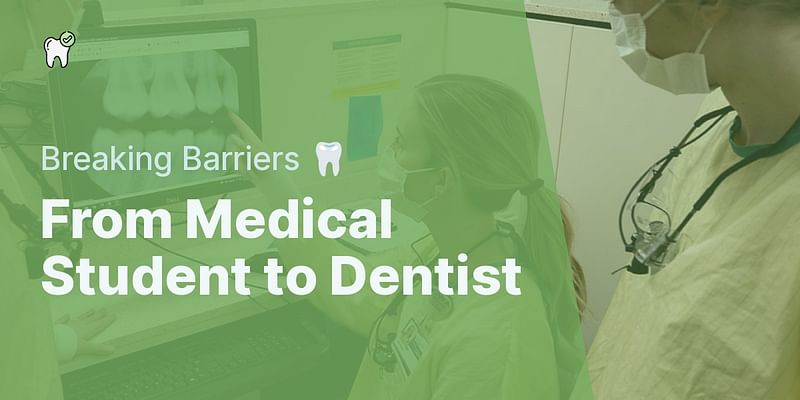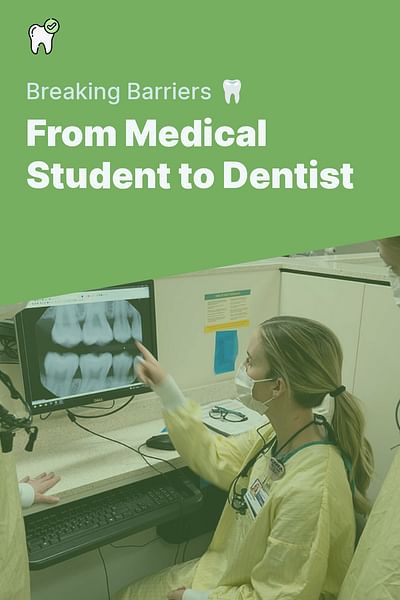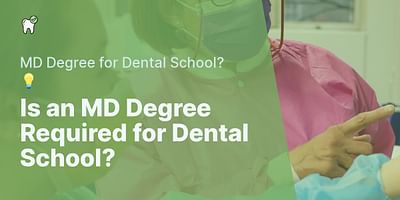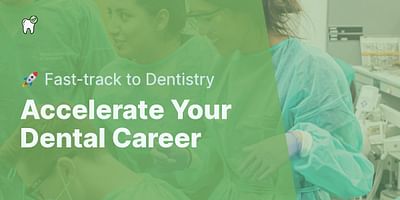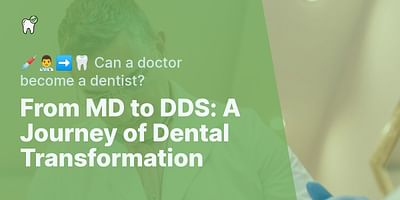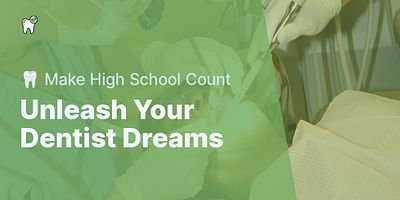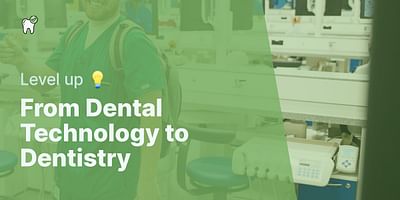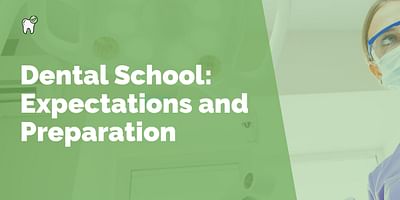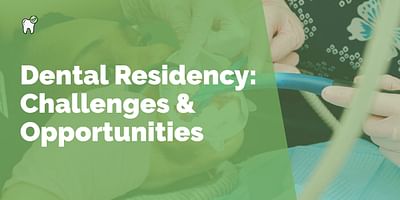Dr. David Lee is an oral and maxillofacial surgeon with a focus on complex dental surgeries. He is dedicated to providing his patients with the highest level of care and comfort during their procedures. In his free time, he enjoys playing basketball and volunteering at his local community center.
Yes, it is possible for a medical student or doctor to become a dentist after completing their undergraduate degree.
Many individuals who have pursued a career in medicine may find themselves interested in dentistry later on. Whether it's a desire for a change in career path or a newfound passion for oral health, making the transition from medicine to dentistry is indeed feasible.
While the journey may require some additional steps, the knowledge and experience gained from a medical background can be advantageous in the field of dentistry.
Here are the steps to consider if you're a medical student or doctor looking to become a dentist:
1. Research dental school requirements: Begin by researching the specific requirements of dental schools you are interested in. Some dental schools may require specific undergraduate coursework, such as biology, chemistry, or physics. Understanding these requirements will help you plan your next steps.
2. Complete any necessary prerequisite coursework: If your undergraduate coursework does not align with the prerequisites of dental schools, you may need to complete additional coursework. This can typically be done through post-baccalaureate programs or by taking individual courses at a local college or university.
3. Take the Dental Admission Test (DAT): The DAT is a standardized exam that assesses your academic and scientific knowledge. It is a requirement for admission to most dental schools. Prepare for the DAT by utilizing study materials and practice exams.
4. Apply to dental schools: Once you have completed the necessary prerequisites and taken the DAT, you can begin the application process for dental schools. Be sure to research the application deadlines and requirements for each school you are interested in.
5. Prepare for dental school interviews: If your application is selected, you may be invited for an interview at the dental school. Prepare for these interviews by practicing common interview questions and showcasing your passion for dentistry.
6. Complete dental school: Once accepted into dental school, you will embark on a rigorous educational journey. Dental school typically takes four years to complete and includes both classroom instruction and clinical training.
7. Obtain a dental license: After graduating from dental school, you will need to obtain a dental license to practice dentistry. The requirements for licensure vary by state, so be sure to research the specific requirements in your desired location.
8. Consider specialization: If you have a particular interest in a specific area of dentistry, you may choose to pursue a specialization. This typically involves completing additional education and training in a specific dental specialty.
While the transition from medicine to dentistry may require additional time and effort, it can be a rewarding career change. The knowledge and skills gained from a medical background can complement the practice of dentistry and provide a unique perspective in patient care.
If you're considering a career change from medicine to dentistry, take the time to research dental school requirements, prepare for the necessary exams, and be ready to embark on a new educational journey. With dedication and determination, you can successfully transition from a medical student or doctor to a dentist.

